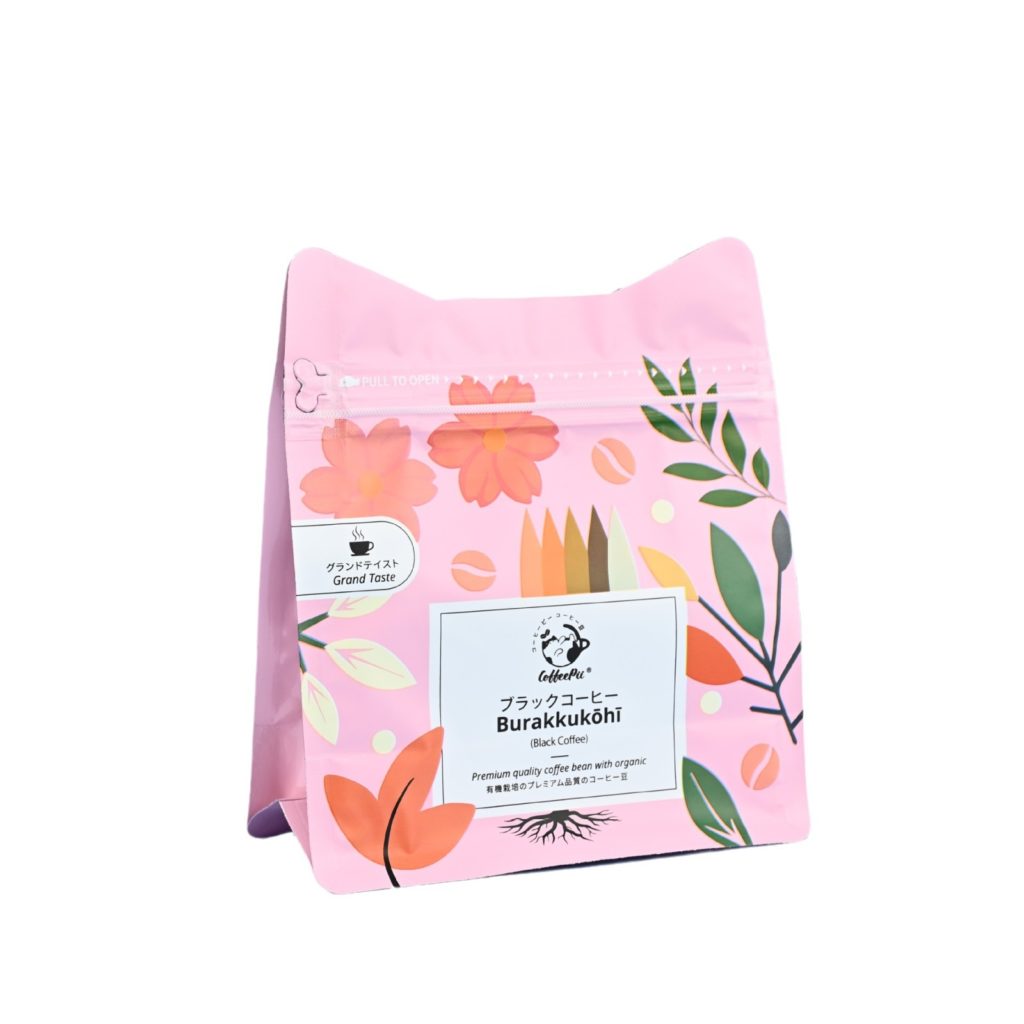
Custom Airtight Bags For Dry Food
Innovative Custom printed dry food pouches come with a strong sealing zipper or tin tie to keep the dry food out of reach with moisture.
Custom airtight bags for dry food are an essential packaging solution to ensure the freshness, quality, and shelf life of products such as grains, nuts, snacks, cereals, and other dry food items. Here’s an overview of key factors, materials, and design elements to consider when developing custom airtight bags
1. Key Features for Reusable Airtight Bags:
- Resealable Airtight Seal: The primary feature of these bags is their ability to provide an airtight seal, preventing the entry of air, moisture, and contaminants. This is often achieved through resealable zippers, heat-sealed closures, or vacuum-sealed options.
- High Barrier Protection: Airtight bags need to protect dry food from external elements like oxygen, moisture, and UV light, which can degrade the food over time. Multi-layer films or barrier laminates are used to achieve this protection.
- Resealable Closures: Custom airtight bags often feature resealable zippers or Velcro-like closures that allow consumers to easily open and close the bag while maintaining an airtight environment.
- Durability: The bags must be strong enough to resist punctures, tearing, and general wear during transport and storage. This ensures the bag remains airtight even after handling.
2. Dry Food Packaging Pouch Materials Used:
- Multi-Layer Laminates: Custom airtight bags typically consist of multiple layers of different materials to provide the necessary barrier properties. Common materials include:
- PET (Polyethylene Terephthalate): A strong, clear plastic that provides excellent moisture and oxygen resistance.
- PE (Polyethylene): Used for the inner layers, PE provides good sealing properties and flexibility.
- Aluminum Foil: For high-barrier protection, a layer of aluminum foil can be added to block out oxygen and light, ideal for long-term storage of sensitive dry foods.
- Nylon: Sometimes used in vacuum-sealed bags for added strength and puncture resistance.
- Biodegradable Options: For eco-conscious brands, biodegradable or compostable materials such as plant-based plastics are available. These offer a sustainable alternative without compromising the airtight properties of the bag.